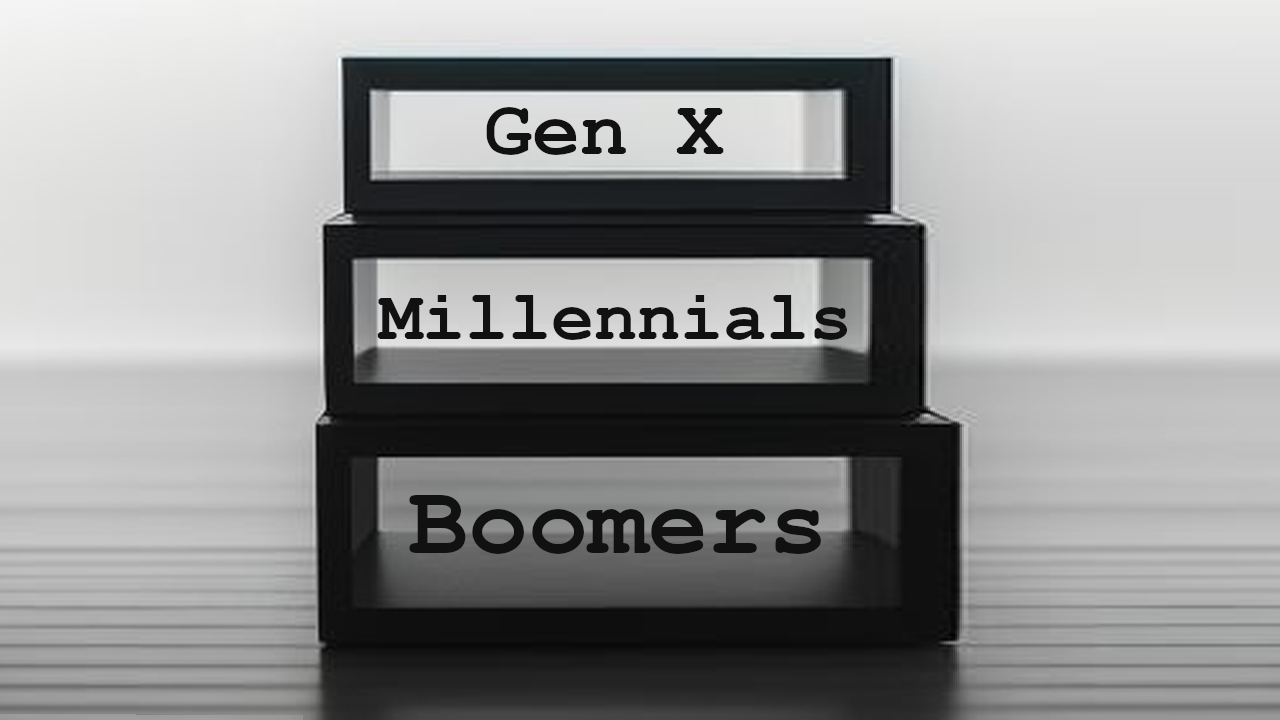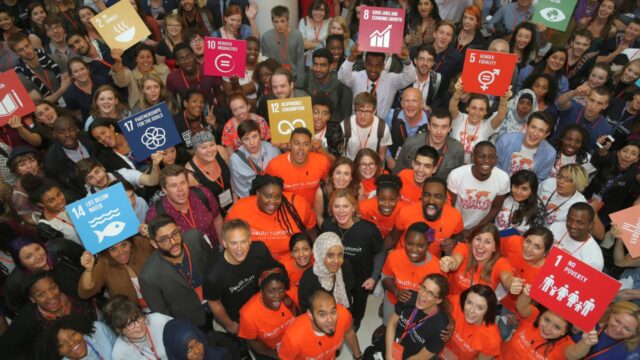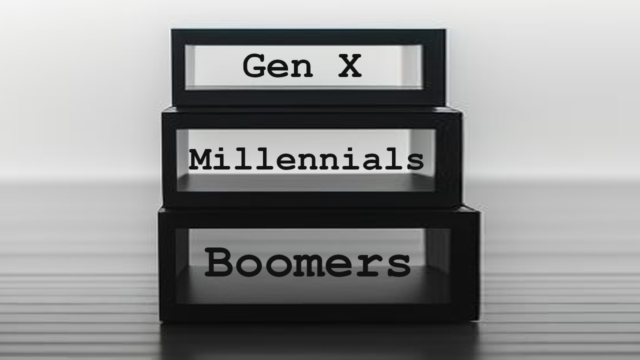
An initial exploration of multigenerational teams from the perspective of knowledge management
A recent LSE Business Review article1 republished in RealKM Magazine presented the views of two experts arguing for and against the use of generational labels such as “Baby Boomers” and “Generation Z.” Points made by the expert arguing for their use include that while there has been criticism of “point in time” (cross sectional) research, quality research can be carried out that leverages generational categories to give meaning and help audiences make sense of data and trends on topics important to society at a given point in time.
So, what research exists in this regard for the important topic of knowledge management (KM)? With effective knowledge sharing and transfer in work teams an important issue for KM, a recent paper2 reports the findings of what could be considered an initial exploration of multigenerational teams from the perspective of KM. The paper is authored by Sylwia Flaszewska and Katarzyna Szymańska from the Institute of Management at Lodz University of Technology, and published in the Krakow Review of Economics and Management journal.
For their research, Flaszewska & Szymańska interviewed executives in the Faculty of Organization and Management at their university, following the implementation of a new organizational structure. They then discuss their findings in the context of other research. Flaszewska & Szymańska acknowledge the limitations of their interview approach, advising that this means that results cannot be generalised. The limitations include the very small size and limited representativeness of the interview sample, and that interviews are influenced by the personal perspective and subjectivity of the interviewees. A further limitation I would add is that the research was carried out in only one workplace, only one type of workplace (a university), and in only one country.
However, even though the results cannot be generalised, the executives interviewed identified various issues in managing multigenerational work teams that warrant further consideration and research.
Distinguishing features of the four generations of workers
From literature references, Flaszewska & Szymańska first identify the following distinguishing features of the four generations of workers from a KM perspective:
| Name of generation of workers | General characteristics | Features from the perspective of knowledge management |
| Baby Boomers |
|
|
| Generation X |
|
|
| Generation Y |
|
|
| Generation Z |
|
|
Issues in managing multigenerational work teams
From the interview responses in the context of the findings of other research, Flaszewska & Szymańska identify the following issues in managing multigenerational work teams:
- The role of those responsible for leading multigenerational teams is becoming increasingly demanding.
- One of the significant constraints to KM in intergenerational teams is the varying levels of digital competence of its employees. Representatives of younger generations have more advanced digital skills. In this regard, employees should be provided with adequate motivation and training to develop their digital competencies in order to bridge the apparent intergenerational gap in their use.
- Different expectations of employees of different generations, and differences in work and communication styles motivate the creation of a new work environment that unites all generations. The key to success is to competently integrate and utilise intergenerational differences within a single work team to benefit the organisation.
- Striving to achieve equal involvement in the work of representatives of all generations is a difficult task faced by managers of modern organisations today. However, the effort is worth undertaking from a KM perspective. The most important thing should be to recognise the initial situation, i.e. what are the possible risks associated with the age diversity of employees.
- The strength of a multigenerational team lies in the fact that its members can learn from each other. The process of knowledge exchange takes place from the most to the least experienced, in terms of competence from those who have it to those who need it, regardless of age.
- Any diversity can have a positive impact on the team and be important for the development of KM, increased creativity and efficiency, which in turn is important for the success of the entire organisation.
- In order to successfully manage multigenerational teams, it is necessary to create values that integrate all participants in the organisation and allow the creation of the currently desired organisational culture based on individual creativity. Such a culture will enable the best use of the diverse competencies of employees who are representatives of different generations.
Article source: Flaszewska & Szymańska 2024, CC BY 4.0.
Header image source: ©Bruce Boyes CC BY-NC-ND 4.0, made using a base image adapted from a Perchance AI Photo Generator Professional Photo created with the prompt “three rectangles stacked vertically”.
References:
- Jolles, D., & Callaham, S. (2024, June 11). The case for and against using generational labels, from “Gen Z” to “boomers.” LSE Business Review. ↩
- Flaszewska, S., & Szymańska, K. (2024). Multigenerational Teams from the Perspective of Knowledge Management Based on the Example of a Selected Public University. Krakow Review of Economics and Management, 1(1003), 51-63. ↩






